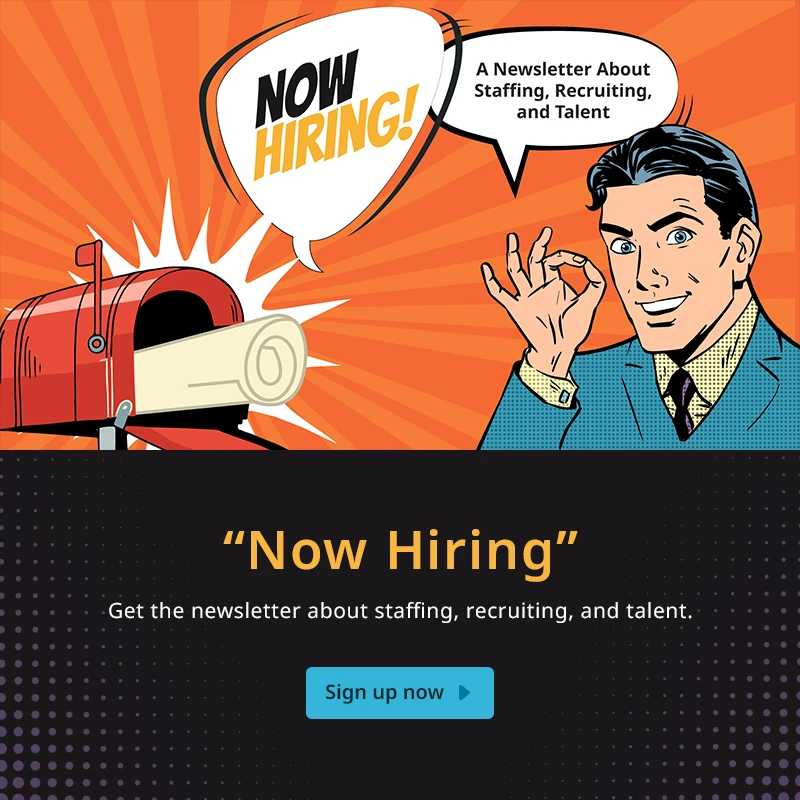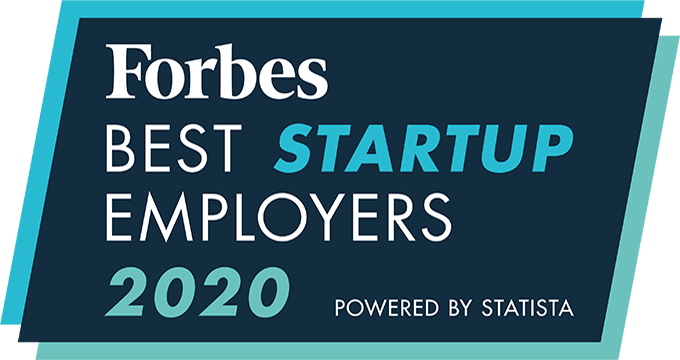In this webinar, Ceipal was joined by a number of industry experts to discuss how businesses can transform crises into opportunities. Discover what they had to say by viewing the webinar here.
Question 1: What was your first thought when the shutdown was announced? How did you and your team respond?
Answer: Panelists agreed that the crisis was not a surprise. Businesses had been tracking its progress in other locations, and taking proactive measures to respond effectively.
- Some leaders reported that their business went 100% remote as early as the first week of March, easing themselves into the new work-from-home model.
- Other companies established daily check-ins between management and executives. These meetings helped teams understand the real-time effect COVID-19 was having.
- The constant communication also helped streamline strategizing. As government regulations changed and developed, the team could quickly coordinate to implement new solutions, keeping business afloat.
- Another tactic businesses adopted was comparing the COVID-19 economic downturn to similar recessions in the past. Looking at numbers from crises like 2008 helped leaders make informed decisions about long-term strategies.
Question 2: What strategies did you implement to combat the sudden slowdown of business? How did you respond to clients reporting a decrease in job requirements?
Answer: Overwhelmingly, panelists had one message: look for opportunities. They exist, and they’re waiting for companies to capitalize on them.
- One company described how an entire new job category emerged in mid-March—the need for testers—which provided a steady stream of business.
- Other companies discovered that the need for technical talent skyrocketed, as many companies suddenly needed technical infrastructure to support remote work.
By identifying and capitalizing on these different opportunities, these leaders found ways to support themselves through the economic downturn.
The panelists also agreed that being flexible is key to succeeding in uncertain times. COVID-19 has demonstrated that no one knows what’s coming. Businesses models that can be adjusted easily, and have invested in modern infrastructure, are that much more likely to succeed than their competitors who don’t.
Question 3: How have you handled the sudden transition to work-from-home? What have been the challenges (and potential benefits) to this change?
Answer: Working from home has been a transition for almost everyone. But Ceipal‘s panelists seemed to find the change refreshing—and an opportunity for self-improvement. Panelists discussed innovative tactics to take advantage of this unique working environment.
- Some organizations have implemented company-wide “walking contests,” motivating their workers to get exercise and take a break.
- Other organizations encouraged their employees to deliberately end their workdays to prevent burnout.
- One panelist even started experimenting with yoga!
But ultimately, the panelists agreed that remote work has increased the amount of hours they put in. Everyone admitted to answering emails as late as 1AM, joining seven hour conference calls, and allowing work to take over their life. How this work-life balance will re-calibrate after the COVID-19 crisis is unclear—but what’s certain is that the spheres of “work” and “home” have been changed permanently.
Question 4: What advice would you give to other entrepreneurs or business leaders on surviving during these difficult times and thriving post-crisis?
Answer: Every panelist agreed that in a time of crisis, you have to be practical.
- Focusing on your bottom line is the most effective way to survive economic downturns.
- Building cash and tightening supply chains were identified as key ways to stay ahead.
- Other panelists encouraged looking at the crisis as an opportunity to buy.
- Analyzing the business landscape, identifying key areas for growth, and making smart investments can be the thing that allows your company to emerge from the crisis with a competitive edge.
Ultimately, taking a proactive approach and making the changes you need was the single most important factor when navigating COVID-19. And one key way to be proactive is to assume something like COVID-19 will happen again. All panelists suggested investing in technology and infrastructure to help companies weather the next crisis—whatever it may be.









